SUMMARY
This is AI generated summarization, which may have errors. For context, always refer to the full article.
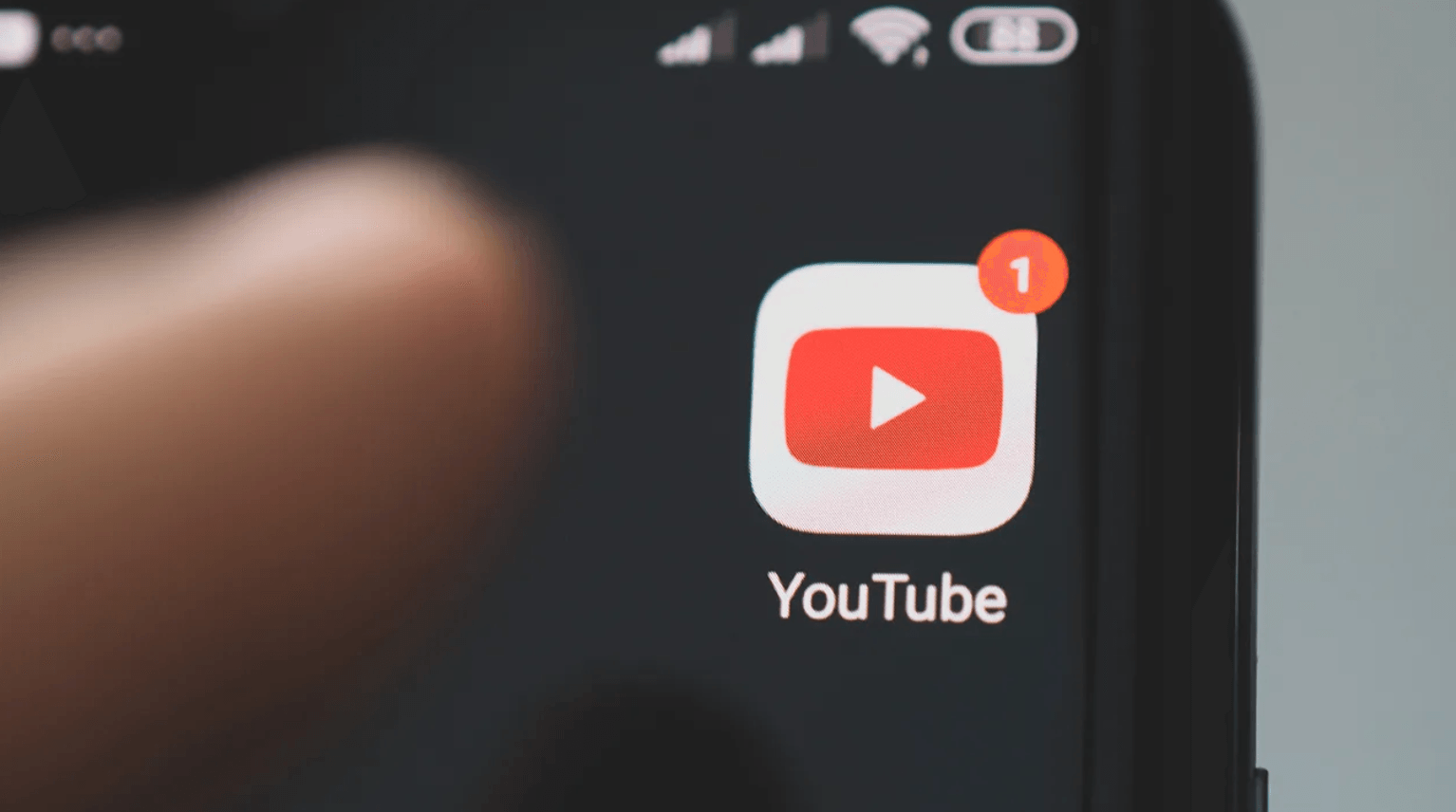
MANILA, Philippines – YouTube on Tuesday, August 15, said in a blog post it will begin removing “content that promotes cancer treatments proven to be harmful or ineffective, or content that discourages viewers from seeking professional medical treatment.”
For example, videos claiming “garlic cures cancer” or “take vitamin C instead of radiation therapy” would be removed, as the platform targets content promoting “unproven treatments” over scientifically approved care and cure procedures.
YouTube calls the subject of cancer and its various treatments as one that is “prone to misinformation.”
The US National Cancer Institute in a 2021 article, cited a study which found that 33% of the most popular articles in 2018 and 2019 on the four most common cancers “contained false, inaccurate, or misleading information.”
The information isn’t just misleading, but is also harmful because the articles tend to promote unproven, alternative treatments.
The research team behind the study, led by Skyler Johnson of the Huntsman Cancer Institute, also found that people were more likely to engage with misinformation than with factual information.
For videos, a 2019 study on prostate cancer information on YouTube had similar findings. “A substantial proportion of the content on YouTube was potentially biased and/or misinformative,” said lead researcher Stacy Loeb of the NYU School of Medicine. The misinformation videos also got more views and thumbs-ups than those with accurate information.
These studies point to the spread of online misinformation that’s directly and physically harmful to an individual’s health, following a familiar pattern across other topic verticals where false content supersedes content with accurate information in terms of views and engagement.
While YouTube has announced to ramp up action on medical misinformation, particularly cancer-related ones, the platform has signaled that it will be leaving wiggle room to allow for discussion.
“Debate and discussion are critical to the advancement of science and medicine. We always carefully take into account context when enforcing our policies, and allow content that provides educational, documentary, scientific and artistic context,” the platform said when considering content takedowns. – Rappler.com
Add a comment
How does this make you feel?
![[Free to disagree] Ending victimhood](https://www.rappler.com/tachyon/2024/05/TL-Ending-victimhood-May-20-2024.jpg?resize=257%2C257&crop_strategy=attention)



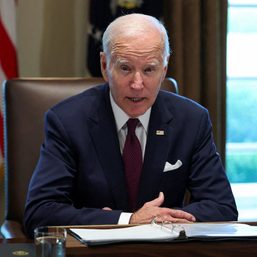
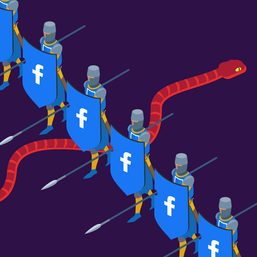
![[EDITORIAL] Ateneo shooting ang katumbas ng Capitol Hill siege sa Pilipinas](https://www.rappler.com/tachyon/2022/08/animated-social-media-real-world-violence-carousel.jpg?resize=257%2C257&crop_strategy=attention)


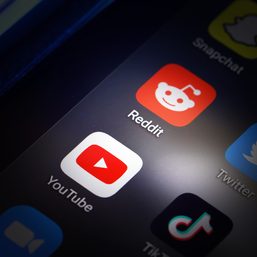

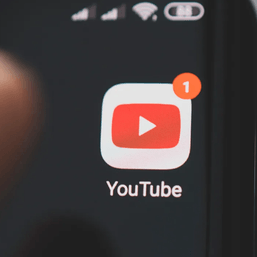

There are no comments yet. Add your comment to start the conversation.